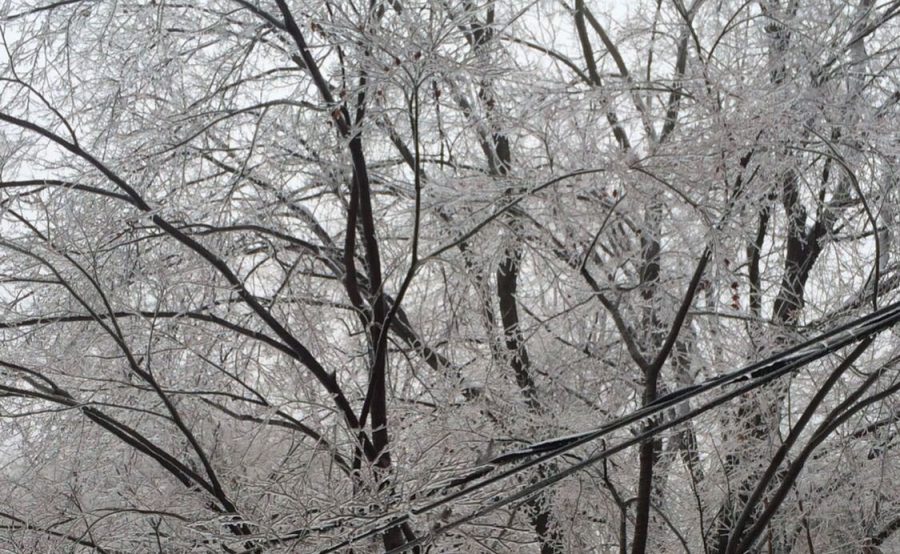Lately, there appears to be a resurgence of high-quality, atmospheric horror movies free of cheap scares. Films like “Midsommar” and “The Lighthouse” craft their horror through uncomfortable tension rather than relying on tired tropes. “The Lodge” promised yet another effective dive into the realm of psychological horror and, for the most part, it delivered. Unfortunately, its conclusion keeps it from reaching the same heights as its modern horror counterparts.
Directed by Veronika Franz and Severin Fiala, “The Lodge” is a horror film about a group of people snowed in at a lodge. Richard (Richard Armitage), father of two and a recent divorcee, decides to spend Christmas at the family lodge in the mountains with his children and his new fiancée, Grace (Riley Keough). The kids (Jaeden Martell and Lia McHugh) refuse to accept her as part of the family and, when Richard must leave for work for a few days, dark events from Grace’s past begin to haunt her.
“The Lodge” is exceptionally well-shot and directed, and all the main characters give great performances. The film progresses slowly, allowing the isolation and bleakness of the environment to take hold over the viewer in order to create palpable tension and anxiety.
One of the strongest aspects of the film is the imagery created around Grace’s past. Her father was a leader of an extremist cult that convinced all his followers to commit suicide in order to “get to the other side” and be closer to God. Grace, who was only 12 at the time, was the only survivor of the mass suicide. As a result of her relationship with Christianity as a young girl, she is incredibly uncomfortable with Christian iconography. This leads to tension because her fiancé and his family appear to be practicing Catholics.
“The Lodge” is, to its benefit, the kind of movie that keeps you wondering whether the horror aspects are literal or merely representative of a character’s mental and emotional states. At least, for the first two thirds. Unfortunately, the makers of this film decided to make the answer to this question clear by the end, a choice that frankly works to the film’s detriment.
In fact, the only issue with “The Lodge” is, tragically, its ending. The third act introduces a contrived twist that ultimately leads to a less satisfying ending than the one that the first two acts appeared to be building towards. The ending makes sense and plays within the rules that the film has created for itself, but sadly represents another example of why subverting the audience’s expectations does not make for good storytelling.
While it’s hard to feel like there’s not a bit of wasted potential here, “The Lodge” certainly gets a lot of things right, and it’s still more than a good enough choice for any moviegoers looking for horror that isn’t skin-deep.
Email Nicholas Pabon at [email protected].

























































































































































